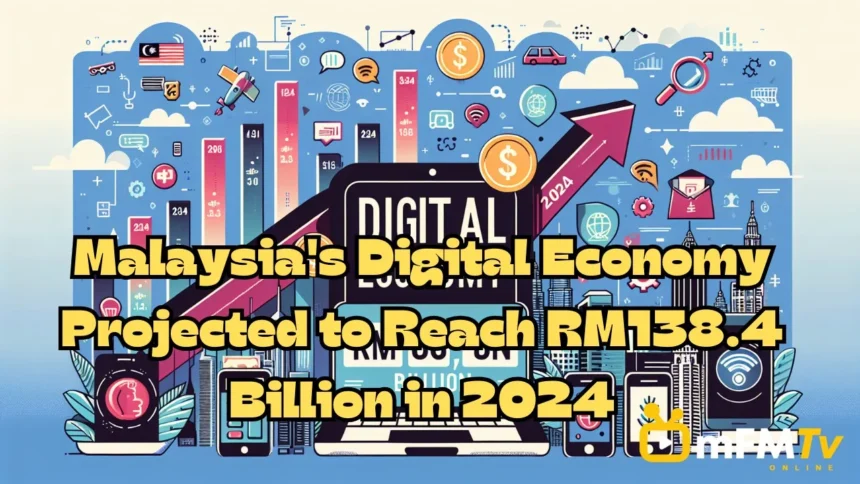The digital economy has become a pivotal sector in Malaysia’s growth strategy, with projections indicating it will contribute RM138.4 billion to the country’s gross domestic product (GDP) in 2024. This rapid expansion highlights the increasing role of technology and innovation in driving economic development. The government, businesses, and consumers alike are reaping the benefits of digital transformation, as Malaysia strengthens its position as a leader in the digital space within Southeast Asia.
Key Drivers of Digital Economy Growth
- Expansion of 5G Technology
Malaysia’s ongoing rollout of 5G infrastructure is a cornerstone of its digital economy expansion. Enhanced connectivity fosters innovation in industries such as e-commerce, fintech, healthcare, and education. The widespread adoption of 5G also supports new technologies, including the Internet of Things (IoT), artificial intelligence (AI), and cloud computing, enabling businesses to optimize operations and offer advanced services. - E-commerce Boom
E-commerce remains a dominant force in Malaysia’s digital economy. Platforms like Shopee, Lazada, and Grab continue to see significant user growth. The COVID-19 pandemic accelerated the shift to online shopping, and this trend has sustained its momentum. Businesses, both large and small, are investing in digital storefronts to tap into broader markets. - Government Initiatives and Policies
Programs under the Malaysia Digital Economy Blueprint (MyDIGITAL) aim to increase digital literacy, encourage digital investments, and improve infrastructure. Initiatives such as tax incentives for digital startups and funding for SMEs transitioning online further bolster the sector’s growth. - Integration of Digital Solutions in Traditional Industries
Agriculture, manufacturing, and logistics are increasingly leveraging digital tools for efficiency and productivity. Automation, real-time data analytics, and supply chain digitalization are transforming traditional sectors into modern, tech-driven industries.
Challenges and Opportunities
Challenges
- Digital Divide: Bridging the gap between urban and rural areas in terms of digital infrastructure and skills remains a priority.
- Cybersecurity Risks: As digital adoption increases, so does the risk of cyber threats, necessitating robust security measures.
- Talent Shortages: A lack of skilled professionals in tech fields, such as software engineering and data science, could hinder growth.
Opportunities
- Regional Leadership: Malaysia’s strategic location and competitive edge position it as a regional hub for digital trade and investment.
- Startups and Innovation: The thriving startup ecosystem, supported by venture capital and accelerators, is producing cutting-edge solutions in fintech, healthtech, and greentech.
- Sustainability Integration: Digital technology is playing a crucial role in advancing Malaysia’s green goals, especially in energy efficiency and waste management.
Outlook for 2024
Malaysia’s digital economy is on track to sustain its upward trajectory, driven by advancements in technology, favorable government policies, and an increasingly digital-savvy population. The focus on education and upskilling initiatives, particularly in underserved areas, will ensure more inclusive growth.
As global and regional dynamics continue to evolve, Malaysia’s ability to adapt and innovate will determine its long-term success in the digital space. The target of RM138.4 billion in contributions underscores the immense potential and importance of this sector for the nation’s economic future.
For further insights, explore reports from government bodies such as the Malaysia Digital Economy Corporation (MDEC) and relevant policy announcements.




